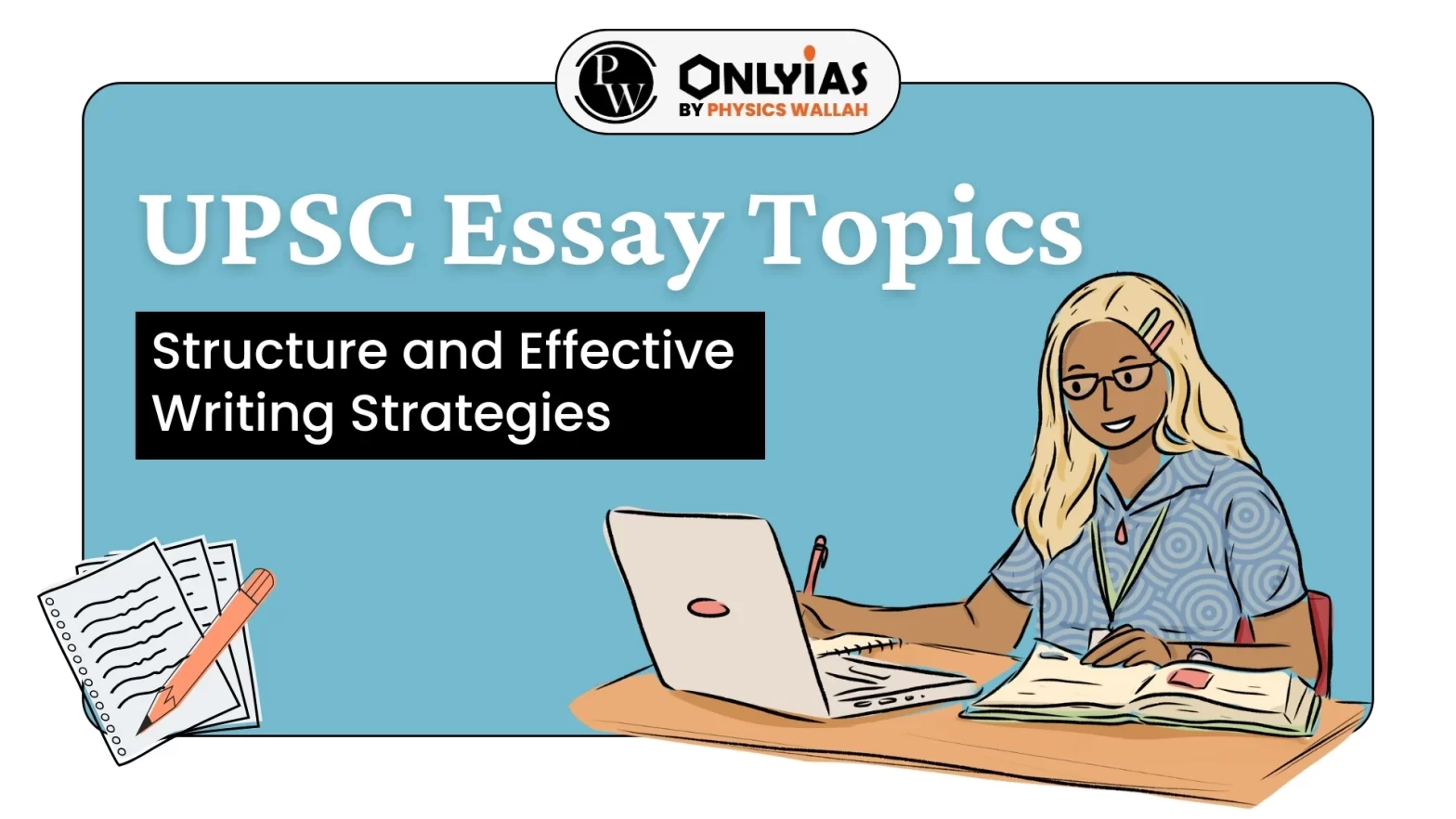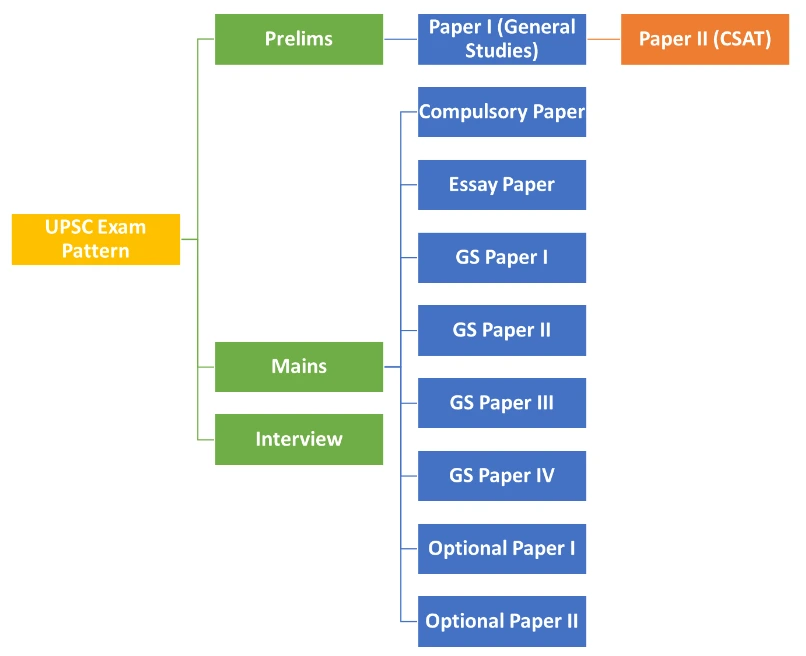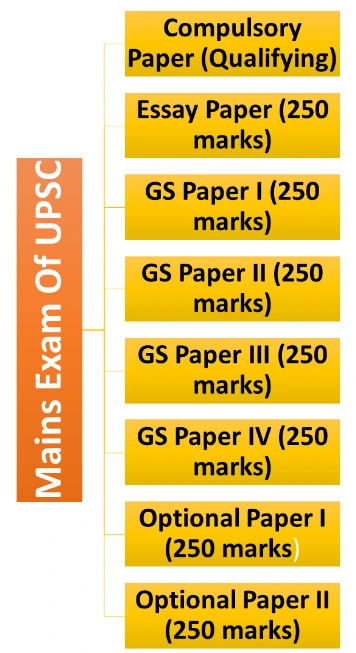Crack the UPSC Essay Topics with insights on Paper, structure, and effective writing strategies. Exploring the exam format, marks distribution, and practice tips for success. Get a list of previously asked UPSC essay topics and expected themes for 2024. Boost your essay writing skills with valuable information on word limits, sections, and scoring.

The Union Public Service Commission conducts Civil Services Exams every year which comprises three stages i.e Prelims, Mains, and the Interview. The Mains exam consists of multiple papers, with the first paper being the Essay paper. Every year UPSC mains essay papers have UPSC Essay Topics relevant to current scenarios. So, in this article, we will explore every aspect of the Essay paper and probable UPSC Essay Topics. Before going further let’s see the structure of the UPSC exam.


| UPSC Essay Topics Previously Asked | |
| Category | UPSC Essay Topics |
| Polity/Geopolitical Issues/Global diversity |
|
| Administration |
|
| Economy |
|
| Federalism |
|
| Society and Social Justice |
|
| Media, Culture, and Freedom in Indian Society |
|
| Education |
|
| Women and Gender |
|
| Quotes based UPSC UPSC Essay Topics/Philosophical Statements |
|
| Science and Technology |
|
| Innovation/self awareness |
|
For better practice we are putting some expected questions on which candidates can write an UPSC Essay Topics to brush up their essay writing skill.
| Economy |
|
| Social Issues |
|
| Governance and Policies |
|
| Environmental Issues |
|
| International Relations |
|
| Ethics and Values |
|
| Science and Technology |
|
| Historical and Cultural Issues |
|
| Philosophical and Psychological Themes |
|
| Security and Defense |
|
| Social Media and Society |
|
| Human Rights and Social Justice |
|
| Must Read | |
| NCERT Notes For UPSC | UPSC Daily Current Affairs |
| UPSC Blogs | UPSC Daily Editorials |
| Daily Current Affairs Quiz | Daily Main Answer Writing |
| UPSC Mains Previous Year Papers | UPSC Test Series 2024 |
That’s correct. While UPSC may repeat UPSC Essay Topics from previous years, they are likely to ask a different question with the exact same wording. Instead, they may tweak the language or focus of the question slightly to test a candidate’s understanding and analytical skills. Moreover, it is also true that certain UPSC Essay Topics, such as history, economics, and Indian polity, tend to be asked more frequently than others
The UPSC Essay Paper consists of two sections, each containing four to five UPSC Essay Topics. Candidates need to choose one UPSC Essay Topics from each section and write an essay of 1000 to 1200 words on each UPSC Essay Topics. Moreover, each essay is worth 125 marks, and the total mark for the UPSC Essay Paper is 250.
In the UPSC Mains examination, candidates are expected to adhere to the specified word limit for each essay question.
Keeping notes and staying updated with current affairs is crucial in developing a deep understanding of various UPSC Essay Topics.

<div class="new-fform">
</div>